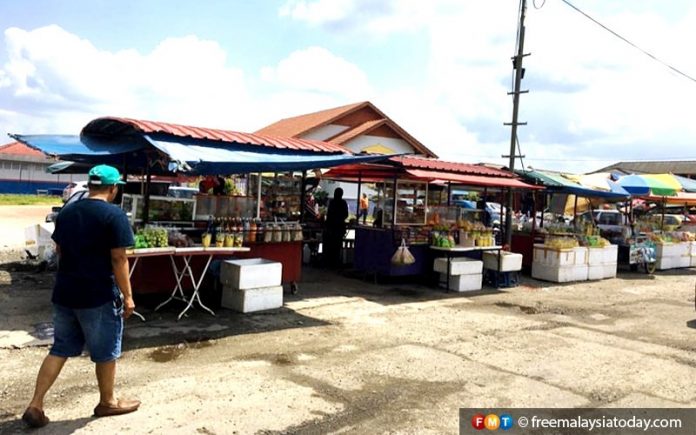
PETALING JAYA: Minister in the Prime Minister’s Department (Economy) Mustapa Mohamed’s announcement of an additional injection of government funds to stabilise the economy should a fourth wave of Covid-19 infections occur has received mixed reaction from two economists.
Mustapa’s pledge came after concerns arose about a fourth wave of Covid-19. He said the government had not set any limit on the amount of additional funds, as the priority was the people’s lives and employment.
Goh Lim Thye, a senior economics lecturer at Universiti Malaya, said an additional fund injection would be needed if the country had to undergo another lockdown again.
“The economic impact of lockdowns are significant. The Malaysian economy shrank 8.3% in the first half of 2020, 17.1% in the second quarter, and 2.7% in the third quarter. The fourth wave of Covid-19 infections will strangle Malaysia’s economic recovery,” he said.

However, Goh said the stimulus funds should be more targeted to avoid unnecessary spending.
“While it is true that not setting a limit (for funds) will enable flexibility in policymaking, it may escalate Malaysia’s fiscal deficit.
“Besides, to finance the deficit, our national debt is expected to inch up further. Our national debt was reported to hit 61% of gross domestic product in 2021, up from 60.7% in 2020 and 52.5% in 2019,” he said.
Centre for Market Education Malaysia (CME) CEO Carmelo Ferlito, however, opposed the idea, saying the additional funds would not make much of a difference in addressing the economic downturn as the movement restrictions and limitations on economic activities were the “main culprit” in the country’s financial crisis.
“I think Malaysia has now embarked on the right path by easing the SOPs. If we keep it this way and avoid stricter regulations which are ineffective in fighting the virus, then we will not need any additional funds,” he said.

He instead proposed that the government come up with a strategy for reopening the borders for business, especially among Asean countries.
“This Covid-19 crisis has demonstrated not only the potential of digitalisation but also its limits. Business practices require physical interactions in order to produce long-term strategies which will create positive spillover effects on employment,” he said.
Ferlito criticised the decision not to impose a limit on the proposed possible funds, saying every country’s spending had to be planned properly.
“Additional spending generates, in time, a mix of inflation and debt, which means higher poverty rate and eventual future higher taxes,” he said.
He also spoke of the burden on future generations, diminishing competitiveness and a higher brain drain if the country kept on spending funds as a way to solve the issue.
CLICK HERE FOR OUR LIVE UPDATE OF THE COVID-19 SITUATION IN MALAYSIA


